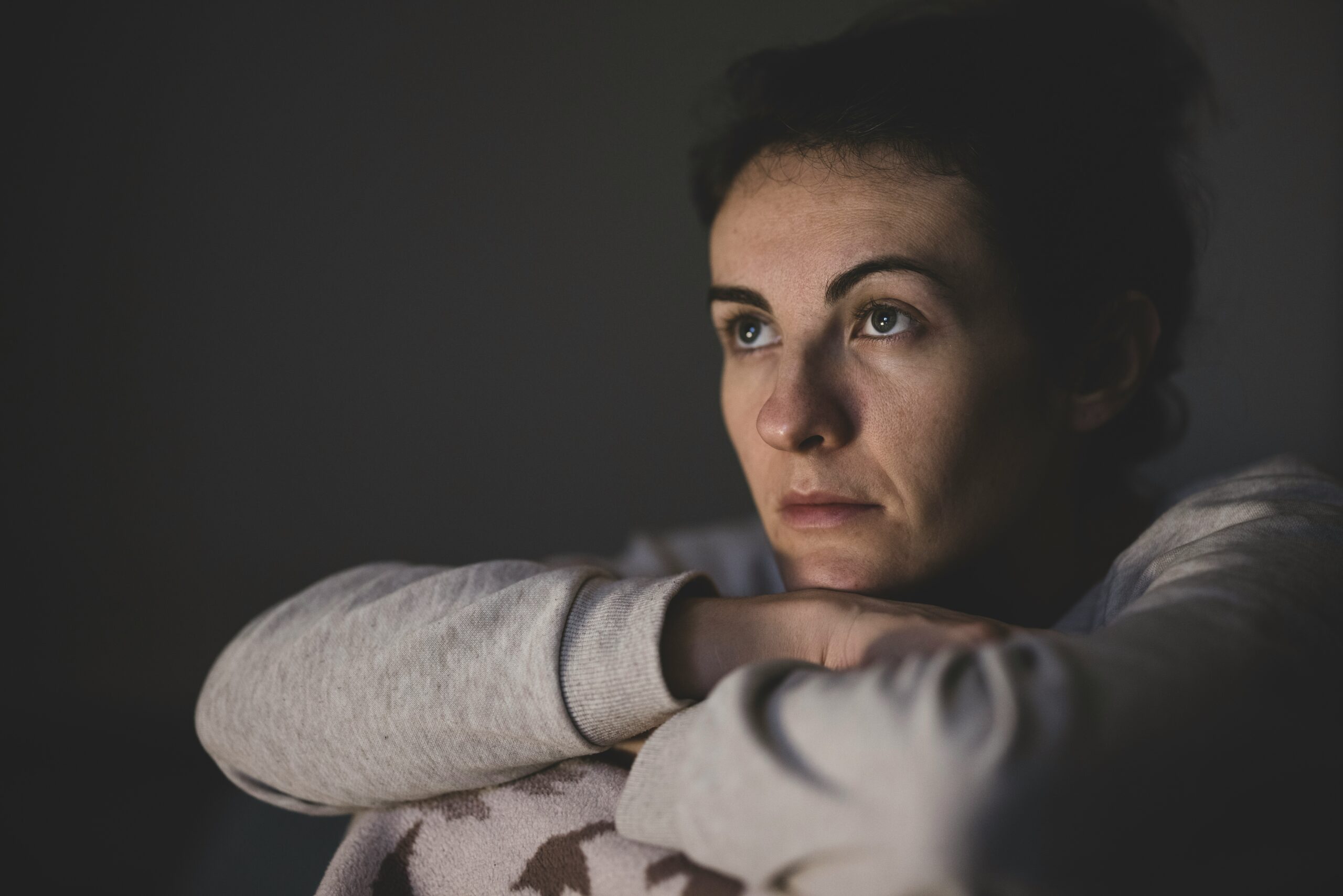Menopause is a biological transition signaling the end of menstruation and fertility in women. It typically occurs between the ages of 45 and 55. This significant stage is characterized by hormonal fluctuations, particularly a decline in estrogen and progesterone levels, which can profoundly affect various aspects of health. Understanding how menopause impacts energy levels can help women navigate this transition more effectively and improve their overall quality of life.

The 3 Phases of Menopause
Menopause is divided into three stages: perimenopause, menopause, and postmenopause.
Perimenopause is the transitional phase leading up to menopause, which can last several years. Women may experience irregular periods, hot flashes, sleep disturbances, and mood swings. After 12 consecutive months without a menstrual period, a woman is considered to officially be in menopause. The average age of menopause onset is 51, but it can occur earlier due to genetic, medical, or lifestyle factors. Postmenopause follows menopause and lasts for the rest of a woman’s life. During this time, symptoms related to estrogen deficiency may continue or even intensify.
Hormonal Changes and Energy Levels
The hormonal changes that occur during menopause are the primary reason that women experience energy fluctuations. Estrogen, in particular, plays a critical role in many bodily functions, including:
Metabolism: Estrogen influences the metabolism of fats and carbohydrates, impacting how energy is produced and utilized.
Sleep Regulation: Estrogen and progesterone also affect sleep patterns, and disturbances in sleep can lead to fatigue and reduced energy levels.
Mood: Changes in hormone levels can lead to mood swings, anxiety, and depression, all of which can contribute to feelings of fatigue.
Common Symptoms Affecting Energy Levels
The symptoms of menopause can affect a woman’s energy levels in many ways. Symptoms of this transition may include:
- Hot Flashes and Night Sweats: These symptoms can disrupt sleep, leading to chronic fatigue. A lack of quality sleep can impair cognitive function, reduce motivation, and decrease overall energy.
- Sleep Disturbances: Women often report difficulties falling asleep or staying asleep during menopause. Insomnia can be a significant barrier to restorative sleep, leading to daytime fatigue.
- Mood Changes: Menopause can feel like the proverbial roller coaster, with increased anxiety and depression that can decrease motivation and energy. Women may feel less motivated to engage in physical activities, further aggravating lethargy.
- Weight Gain: Hormonal changes can lead to weight gain, particularly around the abdomen. Increased body weight can make physical activity more challenging, leading to a cycle of reduced energy and increased fatigue.
- Muscle Mass and Strength: Estrogen is essential for maintaining muscle mass, so as levels decline, women may experience decreased muscle strength and endurance.
- Cognitive Changes: Many women in menopause report experiencing “brain fog” during menopause, which can include forgetfulness and decreased focus. Cognitive fatigue can result in a lack of energy and motivation.
Holistic Strategies to Manage Energy Levels
While menopause can significantly impact energy levels, women can adopt many strategies to alleviate the effects.
For instance, regular physical activity can help boost energy levels, improve mood, and promote better sleep. Aerobic exercises such as walking, swimming, or cycling are beneficial, as is strength training. A diverse diet rich in fruits, vegetables, whole grains, lean proteins, and healthy fats can provide the nutrients needed to support energy production. Limiting sugar and processed foods can also stabilize energy levels for menopausal women.
Did You Know? Staying hydrated is vital for maintaining energy levels, as dehydration can lead to fatigue.
Establishing a regular sleep schedule, creating a restful environment, and practicing relaxation techniques can improve sleep quality and boost energy. Mindfulness, yoga, and deep-breathing exercises can help alleviate anxiety and promote relaxation, which may also improve energy levels.
In some cases, hormone replacement therapy (HRT) may be an option to alleviate severe symptoms of menopause. However, risks are involved, so a conversation with your medical practitioner is necessary.
Alternative Therapies to Address Energy Levels
As the trend towards holistic medicine evolves, more women are seeking natural treatments in lieu of conventional medical interventions to raise their energy levels. These holistic therapies may include:
Herbal Remedies: Some women relieve menopausal symptoms through herbal supplements like black cohosh, red clover, or ginseng.
Acupuncture: This traditional Chinese medicine (TCM) practice may help alleviate symptoms such as hot flashes and mood swings, potentially improving energy levels.
Find Solutions at Longevity Wellness Clinic
While menopause is perfectly natural, the impact of the many physiological and psychological changes can be substantial. By prioritizing physical health and mental well-being and seeking appropriate medical advice, women can navigate any negative effects on energy levels and feel better every day.
Longevity Wellness Clinic takes a natural and holistic approach to healthcare, utilizing traditional Chinese medicine and supplementation. Call us to learn more if you are experiencing a declining energy level.


